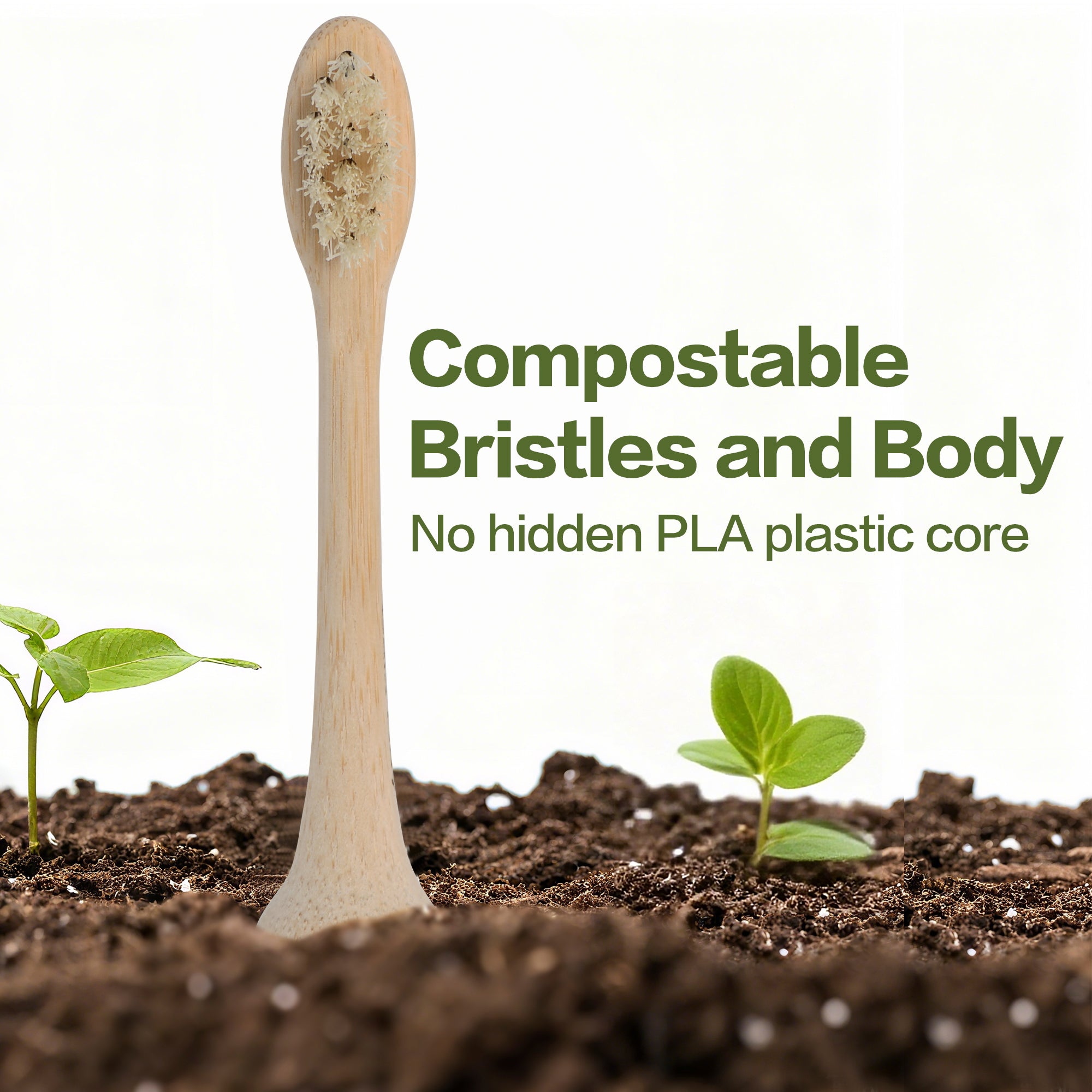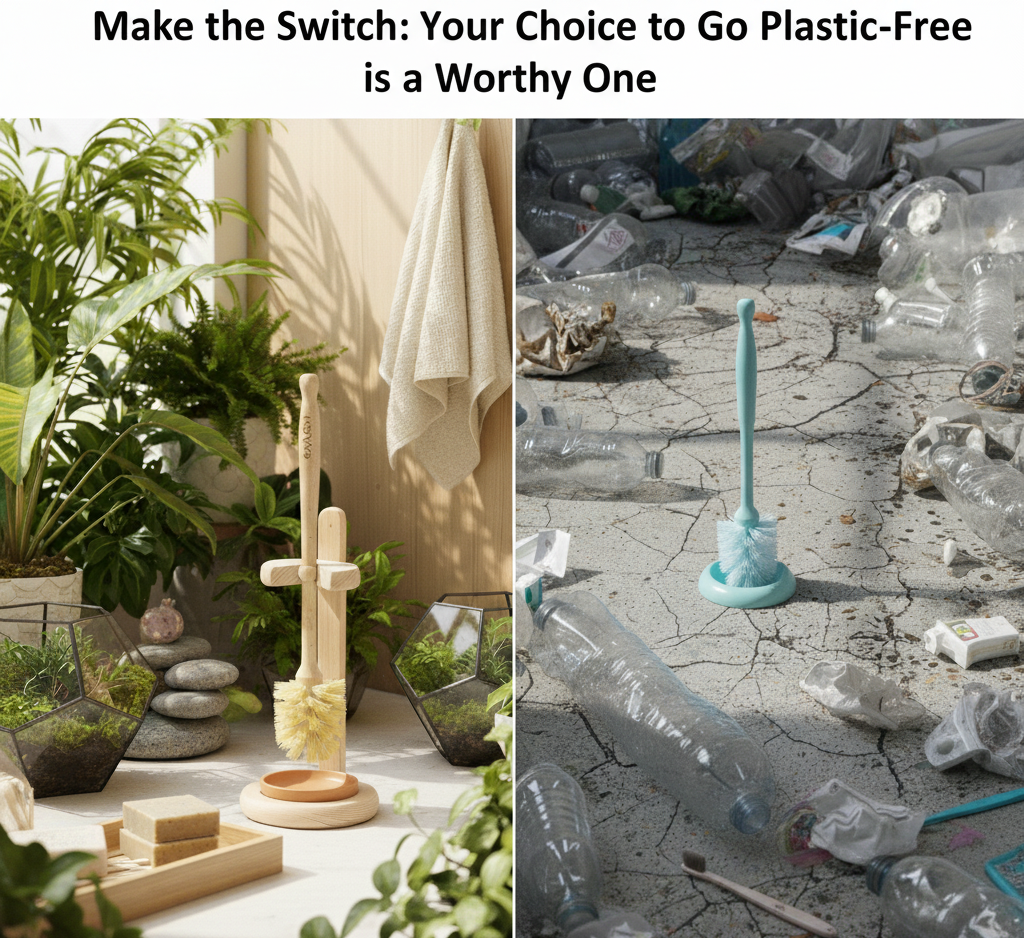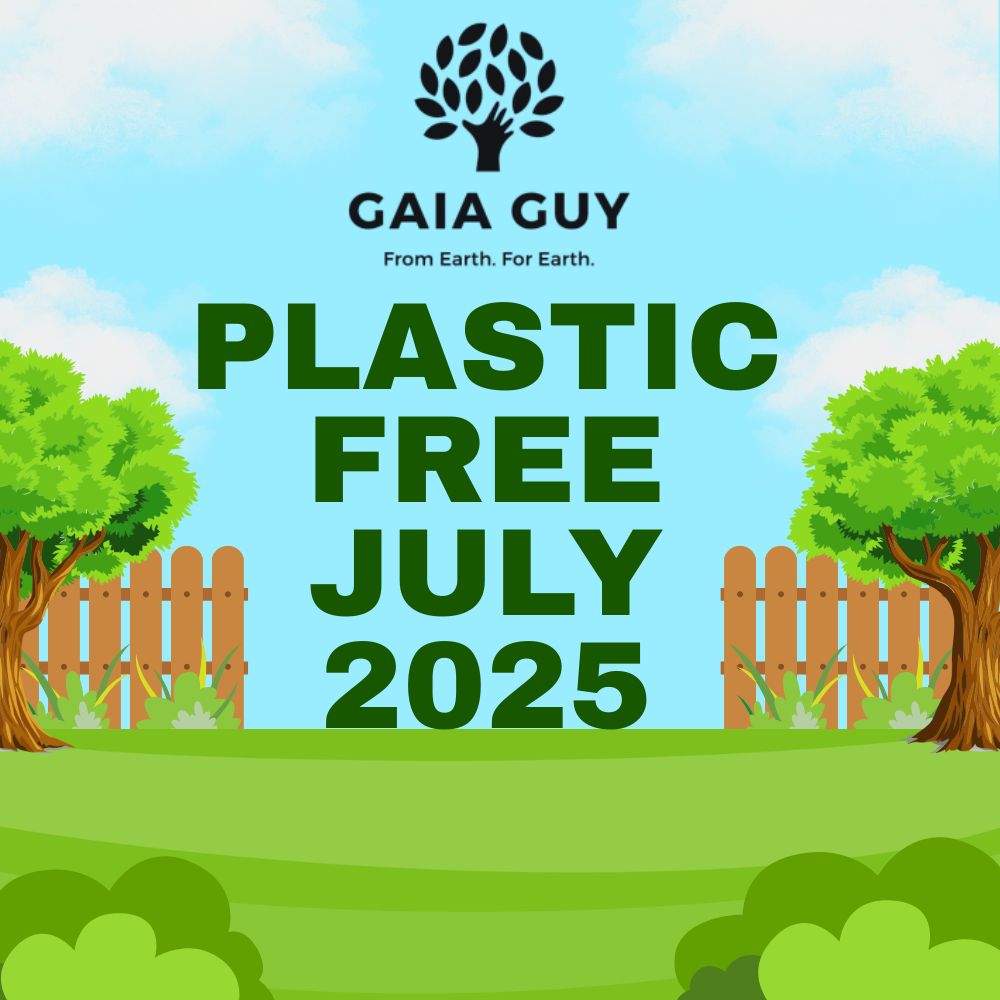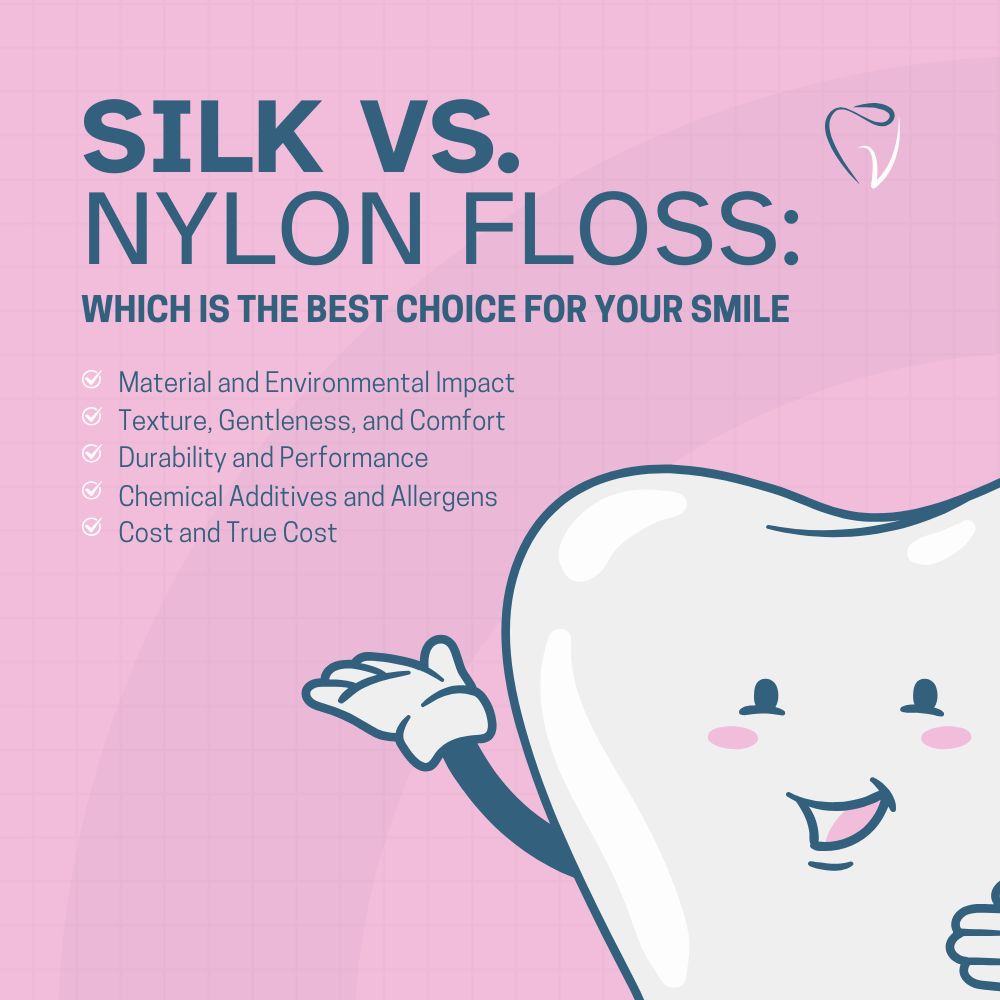Plastic pollution and now microplastics are undeniably one of the pressing environmental challenges of our time. With a quadrupled plastic consumption over the past 30 years and only 9% of plastic waste being recycled globally, the urgency to find sustainable solutions has never been more critical.
Let's look at the plastic pollution details of a UK-wide study known as "The Big Compost Experiment," exposing the hidden realities of home-compostable plastics and the need for a paradigm shift in plastic waste management.

The Dilemma: 60% of Home-Compostable Plastics Persist
Imagine thinking you're contributing to a greener planet by using home-compostable plastics, only to discover that 60% of these plastics don't fully disintegrate in home compost bins. Not to mention hidden PVA plastic pollution in your wastewater and grey water. This startling revelation, unearthed by The Big Compost Experiment, challenges our assumptions about the effectiveness of current eco-friendly packaging solutions.
The Global Plastic Predicament
Before we unravel the specifics of compostable plastics, it's crucial to acknowledge the broader context of global plastic pollution. With a mere 9% recycling rate, a significant portion of plastic waste ends up in landfills, escapes waste management systems, or is incinerated. The alarming statistics underscore the urgency for sustainable alternatives, prompting several countries to set ambitious goals for eliminating single-use plastics and ensuring 100% recyclability, reusability, or compostability in plastic packaging by 2025.
Read: How to Go Zero Waste Grocery Shopping
Consumer Conundrum: Labels and Misinformation
One of the primary culprits contributing to the inefficiency of compostable plastics is the confusion among consumers. The labels of compostable and biodegradable plastics often lead to incorrect disposal practices. As consumers, we need clear and standardized information to make informed choices and contribute meaningfully to waste reduction.
Not to mention many companies that continue the lie that certain bioplastics are compostable.
Unregulated Realm of Compostable Plastics
Compostable plastics, touted as a sustainable alternative, face challenges in their unregulated landscape. Claims about their environmental benefits are frequently exaggerated, and without standardized international guidelines for home compostable plastics, their fate often leads to incineration or landfill, contradicting the very principles they stand for.
The Big Compost Experiment: A Closer Look
The Big Compost Experiment, a citizen science initiative, sheds light on the misconceptions surrounding compostable plastics. Participants expressed a willingness to make sustainable choices but showcased confusion about labeling. A concerning 60% of plastic certified as home compostable did not disintegrate effectively in home compost bins, raising questions about the effectiveness of the current waste management system.
Beyond Backyards: Industrial Composting as a Viable Solution
While home composting conditions prove largely ineffective, the study suggests that compostable plastics might find a more suitable end in industrial composting facilities. These facilities offer regulated conditions that enhance the breakdown process, challenging the assumption that home composting is a one-size-fits-all solution.

Image: Citizen scientist image from www.bigcompostexperiment.org.uk
Rethinking the Green Dream: The Need for Revision
This study calls for a reevaluation of our perception of compostable plastics as a panacea for plastic pollution. The idea that a material can be sustainable is a misconception; true sustainability lies in a comprehensive system of production, collection, and reprocessing. The findings of The Big Compost Experiment highlight the urgent need for clear labeling, standardized regulations, and a revised approach to home compostable plastics.
Read: Why Should You Compost (10 Good Reasons)
These kinds of studies reinforces Gaia Guy's dedication to providing you with home compostable or actually recyclable products. We want to be part of the solution to plastic pollution and we thank you for being apart of this zero waste journey too.











1 comment
Made with Love
We must closer examine the original bio “plastics” – clear compostable cellulose – for better current packaging applications. As biodegradable as wood, these original plastics, [named “real cellulose” ] were discovered in the beginning of the 20th century and actually break down in a home compost in about the same timeline as a carrot. Using them for windows in cardboard box packaging may be a necessary merging for a good green earth future in food packaging. And making this new industrial manufacturing, gentle on our water, air and soil is a MUST in the development of this new packaging technology.